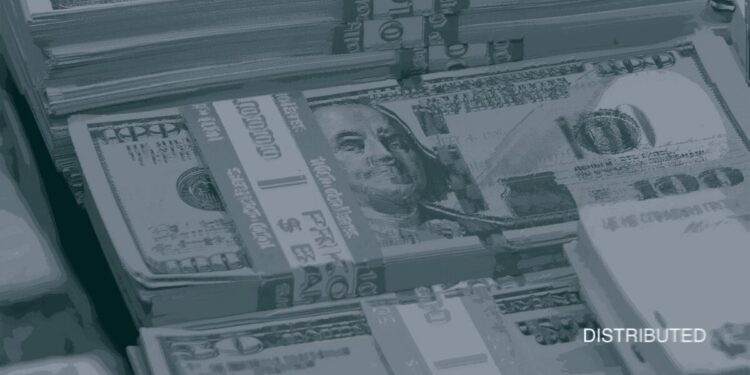In a move that risks undermining the dollar’s global dominance, the United States is chipping away at the pillars that have long supported the currency’s reserve status, according to a Reuters report. The latest blows come from powerful Americans questioning the rule of law following the conviction of former President Donald Trump.
The attacks on the legal system in the aftermath of Trump’s conviction, combined with the country’s increasing use of sanctions as a punitive foreign policy tool and its mounting debt burden, have effectively dared the rest of the world to find an alternative to the dollar. However, despite growing consternation at home and abroad over the consequences of U.S. hubris, no credible alternative has emerged, and the world seems to have partly itself to blame.
In Asia, for instance, people are urgently seeking ways to reduce their U.S. exposure and boost non-dollar trade flows but attempts to build such systems have been slow-going or haven’t gained traction. Rising authoritarianism, threats to individual and property rights, and geopolitical tensions have made other options less attractive than U.S. assets, even if their appeal has diminished.
See Related: Survey Shows Rising Interest In Crypto Ahead Of 2024 Election, Says Grayscale
Central Bank Reserve Managers’ Plan
A recent survey shows that central bank reserve managers plan to increase their dollar holdings over the next 12-24 months due to the rise in global geopolitical tensions and the need for liquidity, drawing them to the currency’s safe-haven status.
At its core, the dollar’s dominant role in the world draws from the United States’ democratic principles, supported by the massive size of its economy, the depth of its markets, the strength of its institutions, and the rule of law. However, the increasing messiness of the U.S. political landscape is testing some of the underpinnings of the dollar’s global appeal.
Attacks on the U.S. legal system have increased after Trump’s conviction, with Florida Governor Ron DeSantis calling it a “kangaroo court.” A major investor based in Asia expressed concerns about potential threats to U.S. institutions, noting that any debasing of the Federal Reserve’s authority could affect the dollar’s credibility and lead to a double-digit depreciation of the currency.
As the world watches the legal uncertainties unfold in the United States, the implications for the dollar’s global dominance remain uncertain. While no credible alternative has emerged yet, the growing doubts over the strength of U.S. institutions and the rule of law could erode the currency’s appeal in the long run.
The U.S. faces a delicate balancing act between maintaining its economic and financial might while upholding the democratic principles and legal integrity that have underpinned the dollar’s reserve status. As the world’s financial center grapples with these challenges, the search for alternative currencies or systems may intensify, potentially reshaping the global financial landscape in unexpected ways.



